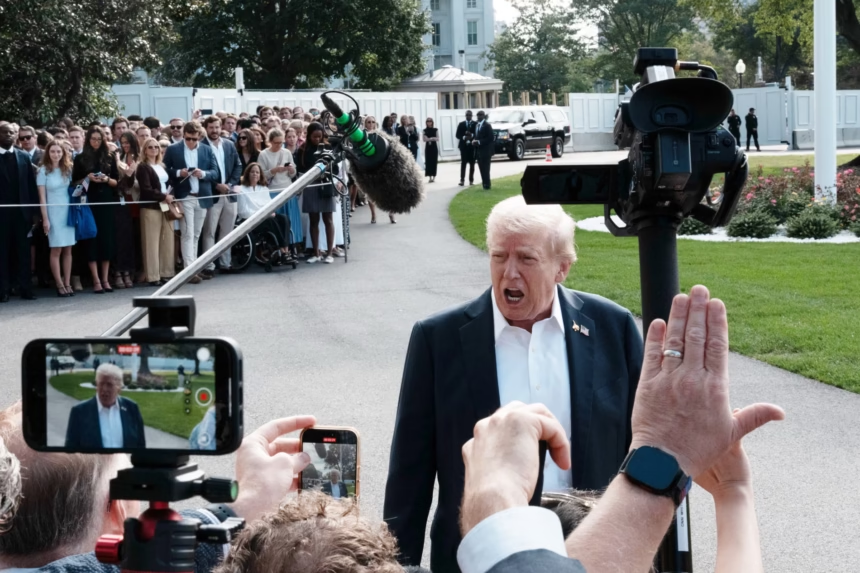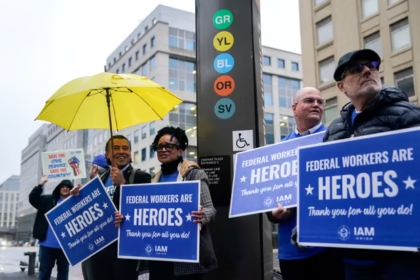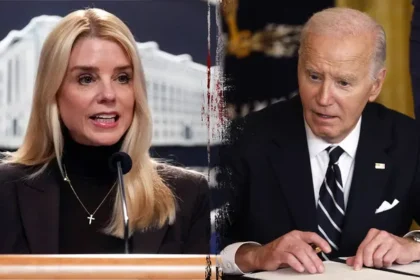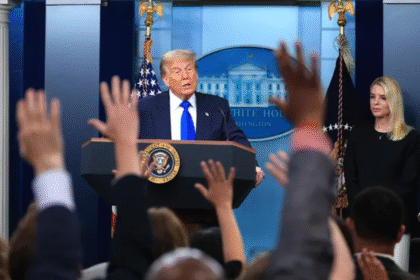Ty Cobb, a former White House attorney and defense strategist for Trump’s first administration, claimed Sunday that the recent indictment of ex-FBI Director James Comey is part of a broader campaign by Donald Trump to manipulate public perception and silence his critics. Cobb warned that more retribution could follow for those who opposed Trump politically.
During an appearance on Face the Nation, Cobb expressed skepticism that Comey would ever be convicted if the case reached trial. He called the charges “wholly unconstitutional [and] authoritarian,” saying the case appeared more focused on political theater than justice.
Cobb argued that Trump’s efforts were aimed at distorting the historical record. “Trump wants to rewrite history so that the next generation may not know that he incited a violent insurrection, refused to peacefully transfer the power of the presidency after losing an election, stole classified documents … and that he was a criminal,” Cobb said.
He added bluntly: “He’s a convicted felon. All, anybody involved in those events that offended him, they’re in real danger.”
Cobb, who previously served as Trump’s liaison to the Mueller investigation, emphasized that he viewed his role during Trump’s first term differently—he was not a personal attorney but rather a counsel aligned with institutional interests. That perspective, he said, gives him the latitude to “call balls and strikes” now.
He criticized the underlying case against Comey—alleging false statements to Congress—as legally weak. Cobb also denounced Trump’s decision to replace the federal prosecutor who declined to bring charges, pointing to the appointment of a White House aide without prosecutorial experience to lead the case.
“There is a rewriting-history element here,” Cobb said. “The U.S. attorney he appointed … was his personal lawyer, Lindsey Halligan. Her prior role with the Smithsonian included arguing that America had no history of slavery. She was there to whitewash the institution and paint America as something it isn’t.” According to Cobb, that kind of ideological approach is part of the broader strategy.
On procedural issues, Cobb said the indictment’s path to trial is unlikely to lead to conviction. He noted that one count was rejected by the grand jury, and that approving the others succeeded only by slim margins—14 to 23—without a defense present. He called this method of indictment “authoritarian” and predicted the case could be tossed before ever reaching trial.
Cobb also raised broader concerns about the politicization of prosecutorial power under the Trump administration. He accused Attorney General Pam Bondi of abandoning the principle that the Justice Department should function independently, saying she now acts on Trump’s orders to “prosecute my enemies.”
Without naming him, Cobb also took issue with former Trump–appointed FBI Director Kash Patel. He contradicted Patel’s public statement attributing widespread infiltration of the 2021 Capitol riot by FBI agents—saying agents only arrived after violence escalated.
As for Trump’s broader promise to pursue legal action against his rivals, Cobb said the Comey case is not isolated: “It’s not just about rewriting history. It’s about chilling dissent, eliminating enemies, instilling fear in people who challenged him.”











